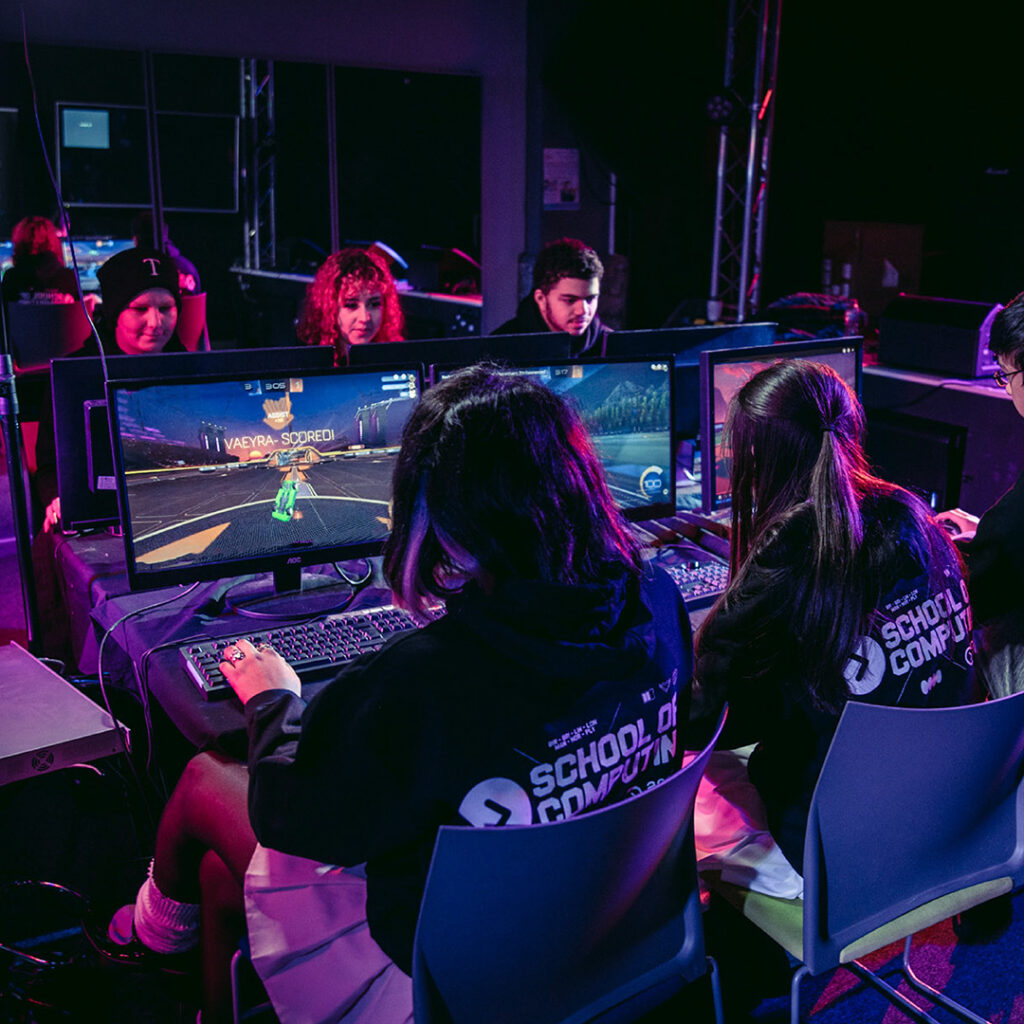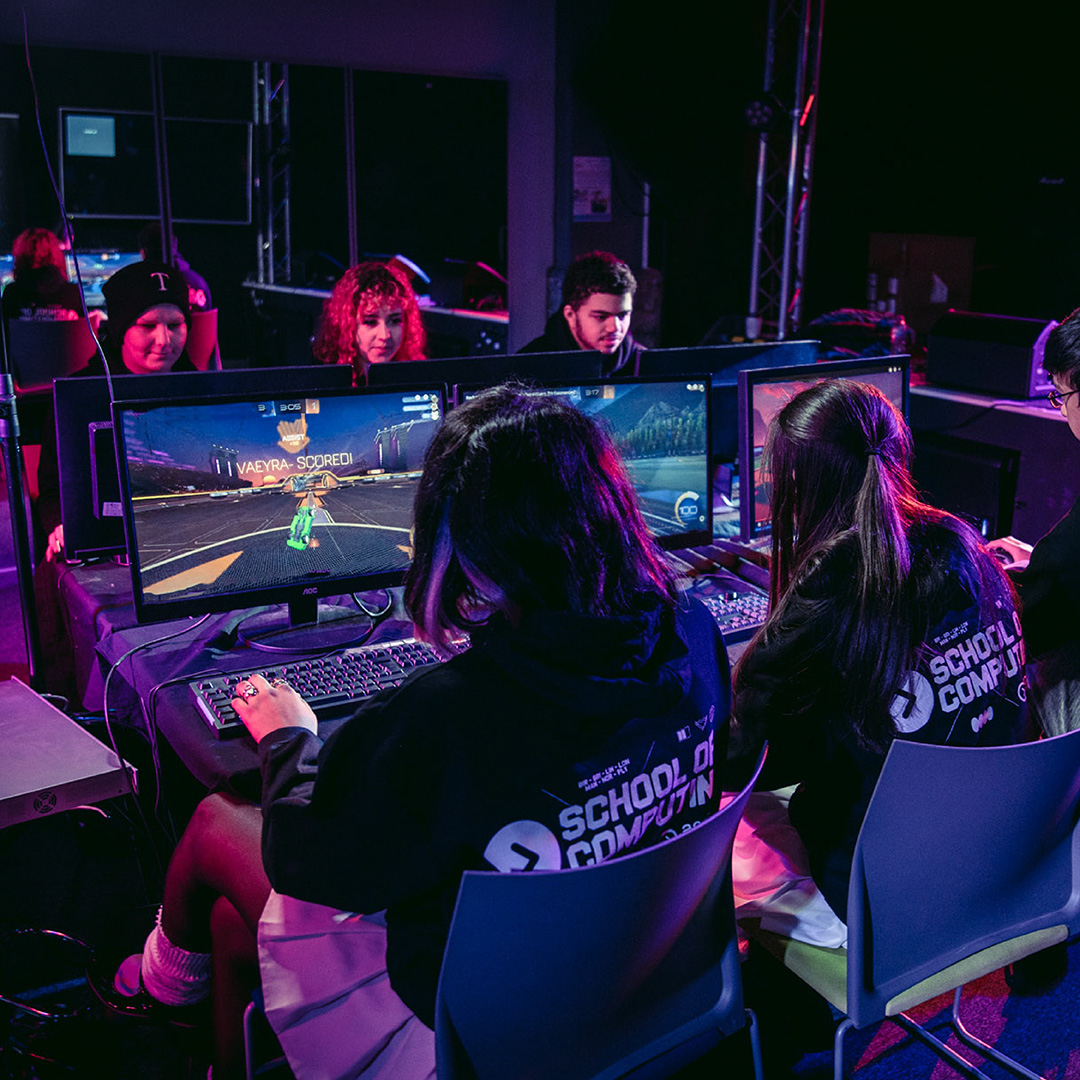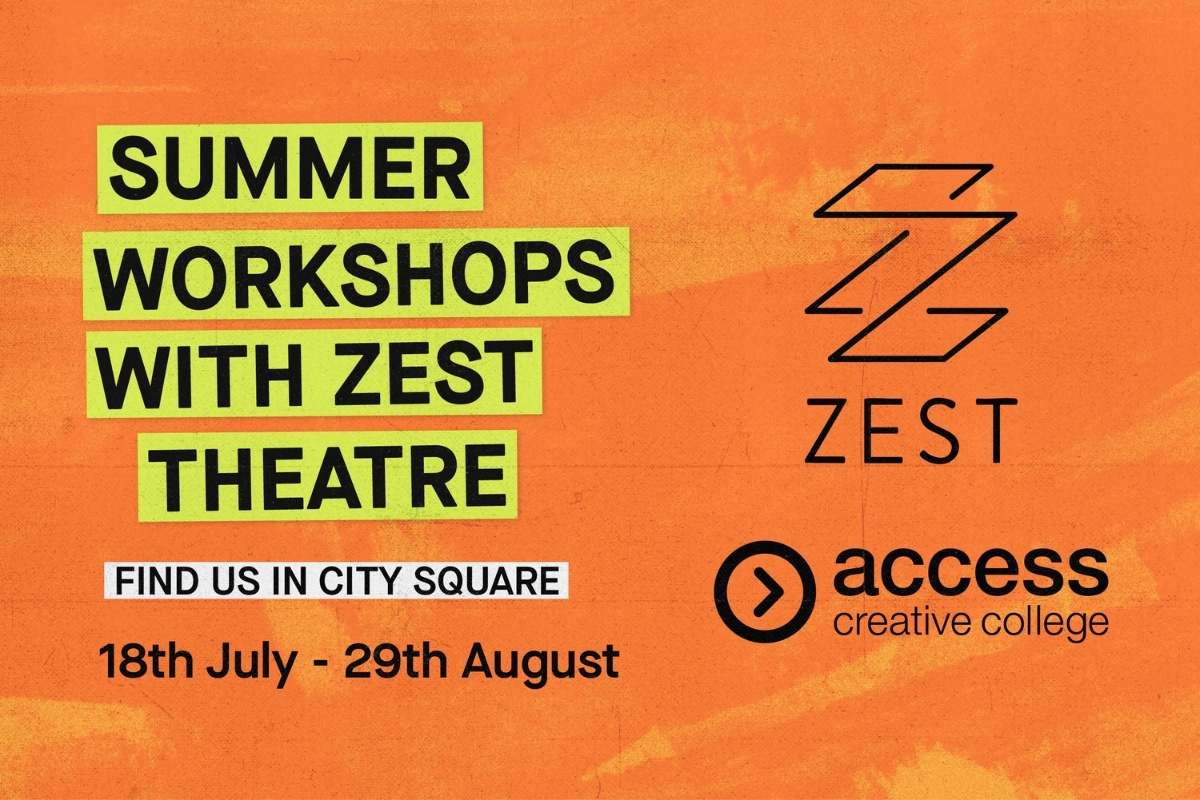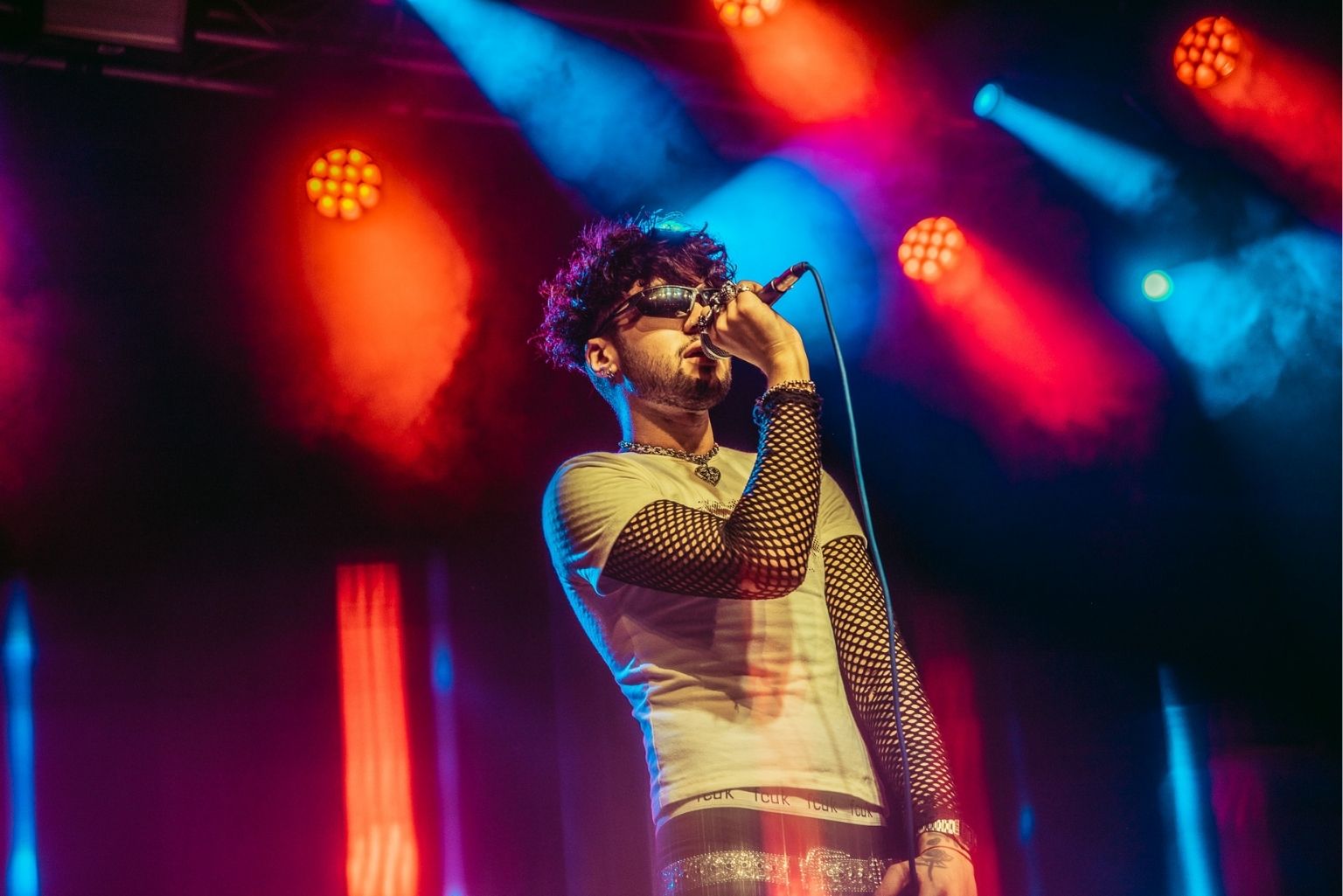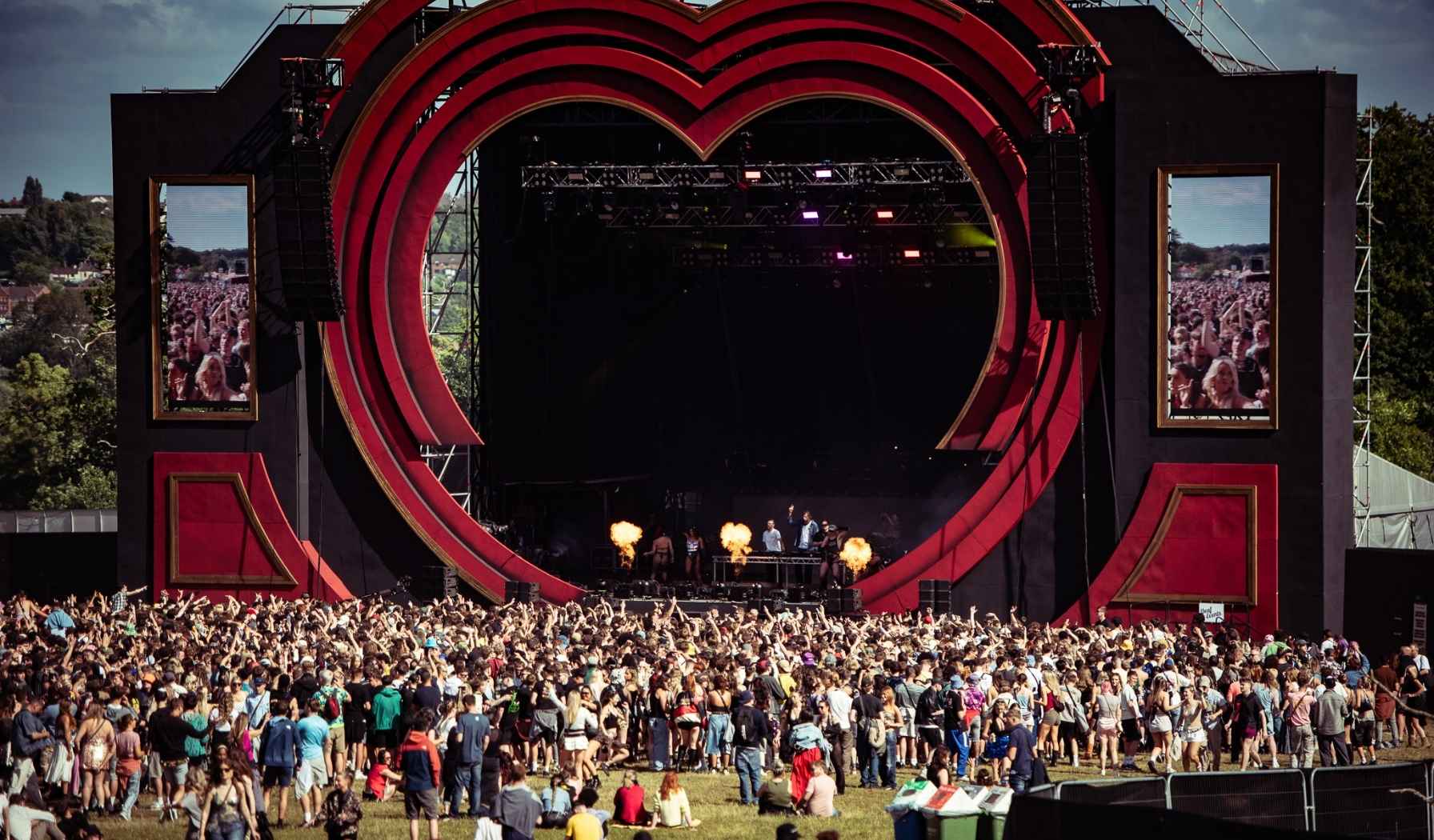Like most people, you’ve likely heard the term ‘esports’ by now, but do you know what it means and the background behind one of the fastest growing industries of this century? Well, if not, don’t worry. We cover EVERYTHING esports, leaving no stone unturned. Let’s dig into what esports is, where it all started and how it gained household recognition.
What is esports?
Esports is short for ‘electronic sports’. Simply, it is a video game competition. It typically involves professional gamers who compete against each other either individually or as teams, in games such as League of Legends, Rocket League or Overwatch. Check out our full breakdown of what esports is
Esports is considered a spectator sport. Where other live sporting events involve a crowd watching a physical event, similarly, spectators can watch esports events by watching the video gamers compete against each other. Viewers can tune into live streams such as on Twitch, or in some countries in real life at an arena.
Where Chess is considered a sport, esports is sometimes considered a sport. However, in the UK, esports is currently not regarded as a sport, but rather a game. Currently there’s much debate around this topic and the classification of the sport. We believe that since the lifestyle of a professional gamer is so similar to that of a professional athlete, and since gaming involves incredible mental exertion, esports should be considered a sport.
Will there be a time when we see esports covered in the Olympics? Let’s dig in deeper…
When did esports start?
It’s actually been around for a lot longer than we realise! The roots of competitive gaming started in 1972 at Stanford University in the US. On October 19th, competitors gathered in Stanford’s AI Lab in California (one of the few places in the world with the equipment capable of facilitating such an event) to participate in what has come to be recognised as the first video game tournament, based around a rocket combat game called Spacewar. The prize? A one-year subscription to Rolling Stone magazine.
This tiny event created a spark of momentum that led to the first official competitive gaming event in 1980, a Space Invaders championship held by developer Atari and attended by an impressive 10,000 people. The event drew huge interest from around the globe as the games industry, media and consumers started to realise how much potential there was. A Twin Galaxies competition was quick to follow the Space Invaders event which paved the way for televised broadcasts and prize money offered for the first time.
The 1980s and 90s were arguably some of the most important years in the development of esports, as gaming powerhouse Nintendo launched the Nintendo Entertainment System (NES) which pushed consoles further into ‘normal’ households, allowing gaming to become more popular. This popularity encouraged the industry to develop more powerful technology and opened the door to more competitive gaming events. Playing games became more accessible for regular consumers and widened the base of great players. Nintendo recognised this, launching the Nintendo World Championships (NWC) in 1990.
The championships ran over six days in two rounds in March and December 1990. The first round invited the most talented gamers from 29 American cities to compete for City Champion (prizes included a trophy, $250 and a trip for two to the World Finals at Universal Studios Hollywood) and the World Finals featured those City Champions playing Super Mario Bros., Rad Racer and Tetris. Prizes included a $10,000 savings bond, a car, television and gold painted Mario trophy. The 1990 NWC was arguably the first games competition that truly received global recognition, setting a standard, opening doors to the future and creating one of the most sought after Nintendo collectibles with the games cartridge used in the competitions (currently sells for between 5 and 7 figures depending).
The release of Starcraft from Blizzard in 1998 provided an opportunity for one of the first esports to really take off. This real-time sci-fi strategy game sparked the huge surge of esports popularity in South Korea, which in turn set the tone for how esports tournaments should be treated around the world. The online play of this game was one of the main reasons it became so popular because it allowed players from all over the country to compete against each other in a battle of wits. This easy accessibility of competition is what made it truly great.
Heading into 2001; the internet had taken hold, PC gaming became a popular past-time and a first person shooter (FPS) Half-Life mod called Counterstrike was the number one competitive multiplayer game and made its esports debut with a prize fund of $150,000 and launched the modern era of competitive gaming on a global scale.
Come 2004, we experienced possibly one of the most iconic moments in esports history: Daigo vs Justin in the Evo World Championship Finals, fighting for the title of Street Fighter III: Third Strike. A notorious moment came when Diago found himself one hit away from losing the round. Justin, playing Chun-Li, charged toward him with his ultimate, expecting to finish off Daigo’s low HP Ken when Daigo shocked us all and parried every blow of Justin’s finisher, turning the match around, and used his own finisher to win. This is often described as one of the best moments in the history of esports.
In 2009 Riot Games released League of Legends which went on to receive awards for its contribution to esports. The League of Legends World Championships in 2017 had a very special opening ceremony. The grand finale of the tournament was held at the Bird’s Nest Stadium in Beijing, China where during the opening ceremony they hosted Against the Current for a live performance. Among the spectacular show and choreography the appearance of a virtual Elder Dragon from the game, flying around the stadium is what blew fans away and subsequently earned a lot of online attention.
As esports popularity boomed in countries like South Korea, China and the USA, it also made its way to the UK. In 2018, Staffordshire University was the first institution to launch an esports degree, eventually catching on nationally, with many universities and colleges offering degrees or diplomas in esports. Access Creative College now offers an esports course. Whether you’re wanting to organise tournaments or compete, this course could be a great starting point for your career!
Where do you watch esports games?
Across the decades of esports history laid out above, the media were involved and competitions were broadcast. As the industry grew, a battle arose for rights around different viewing mediums. This directly hampered the growth and recognition of the industry until 2011 with the launch of Twitch. Twitch started out as an offshoot of popular streaming service Justin.tv, but in 2014, they both rebranded to Twitch Interactive and thrust esports into the spotlight; providing an interactive, accessible, mass-market solution for players both large and small to stream content to the world.

Twitch was one of the first of numerous streaming providers that offered immediate access to the world of esports, with audience figures in the tens of millions, and helped turn the industry into a household name.

Twitch is one of a few platforms that have sprung up to meet viewer demand. Esports can now be viewed across Discord, Facebook Gaming, Youtube, Caffeine.TV, Ginx & TikTok
As esports cements itself into the sporting world, it is also starting to cement itself in traditional media such as television and leave the internet to be represented even more in real spaces. Alongside extended coverage, GAME has launched 26 esports arenas to date across the country that each have a professional esports team based in them and are also open for the public to hire to play in.
How fast is esports growing?
As the esports sector evolves, it cements itself as one of the biggest sports of the modern era.
Today, the esports business is booming, with an average 8.5% annual growth and projected global revenue of $1.8 billion by the end of 2022. The internet is now a key part of daily life, bringing with it wider options to consume sports, media and other content such as YouTube, Netflix and, in the case of esports, Twitch. Wide accessibility and new esports services have directly contributed to the rapid growth of the sector, which was also partly boosted by the pandemic, seeing a 10% increase in Twitch viewership across various esports channels.
Increased viewership naturally increases the infrastructure and scope of industries as they expand to meet demand. According to a UKIE report from 2020, one major esports event can generate 238 full-time jobs and £12 million in contribution to the UK economy. In 2019, there were 885 major esports events with $167.4 million in prize money.
Can esports be an Olympic sport?
The rise of esports has been nothing short of meteoric, and it shows no signs of slowing down. Evidence of this can be found in the recent esports trials at last summer’s Commonwealth Games. While not part of the main event, esports tournaments were run in parallel, to determine if they would be a viable option to add to future Games.
A first of its kind pilot ran at the Commonwealth Games, where a successful run could lead to esports being regularly included in the event. The media has widely covered early announcements of the pilot, and if that’s anything to go by, it could have been the start of a golden expansion of the industry.
Since the trials, esports has been called ‘a success’ at the Games and is ‘expected to be included going forward’. Amazing news, but what if we think bigger? What if we look at the largest and most prestigious sporting event in the world, the Olympic Games? Could esports join the historic lineup of sporting competitions? Like the Commonwealth Games, it already sort of has, with a slate of ‘Olympic licensed esports events’ in racing, baseball, cycling, rowing and sailing taking place as part of the Tokyo Olympics last year. The interesting thing to note here is the choice of games. Rather than typical mainline esports games like Valorant, Call of Duty etc, the games are chosen based on the type of sport.
Off the back of that, the International Olympic Committee (IOC) has released a road map in which esports, while not appearing in 2024, may be featured in the main Olympics in 2028 in Los Angeles. There’s no indication of which games will feature yet, but it’s something to watch out for as we get closer.
But what about esports longevity within the Olympics? Clearly, esports can live in harmony alongside traditional sports and there’s a huge consumer appetite for this burgeoning new industry. Esports is growing so quickly that it’s going to be harder and harder for major sporting events to ignore, and besides, working with esports opens them up to a whole new world of opportunity. Sport is modernising and esports is the catalyst.

Any expansion inevitably means more jobs. There are already a wealth of direct and indirect roles supporting esports and wider success will require more people. Expect roles in competing, broadcasting, marketing, merchandising, events logistics and management, lighting and stage management, administration and many, many other areas. Read here for a breakdown of all the possible job opportunities within the industry and how you can make money from esports.
And just like esports and sporting competition, the better prepared you are, the more likely you are to find yourself working your dream job in this thriving industry. That’s where we come in with our Esports Level 3 course here at ACC. Developed to cover all the key areas of the sector like marketing, broadcasting etc, we’re not here to teach you how to play games. We’re here to bring you a bespoke, industry-ready curriculum, combined with our decades of experience in educating future creators to get you equipped to capitalise on esports in whichever area you want to go into.
Top esports games
All this information might have you thinking ‘what games do they play in esports?’
Modern esports’ biggest games include:




These games all have prize pools regularly within the 7 figure range, a huge media following and one of the largest esports communities regularly playing, watching (over 1.1 million viewers watched a single CS:GO tournament final in 2022) and engaging with the game. These communities are leading the way in the industry, setting new standards and breaking new ground within the wider sector. For example, in 2021, tournament organiser ESL Gaming announced a CS:GO tournament for women and a diversity programme called #GGFORALL.
And that’s esports history! There’s never been a better time to join the esports industry, we’re just at the start of what’s possible. At ACC, we’ve got esports courses designed to get you ahead of the competition and set you up for a viable career in the industry. Find out more about our courses, accepting applications for September 23, right here!


